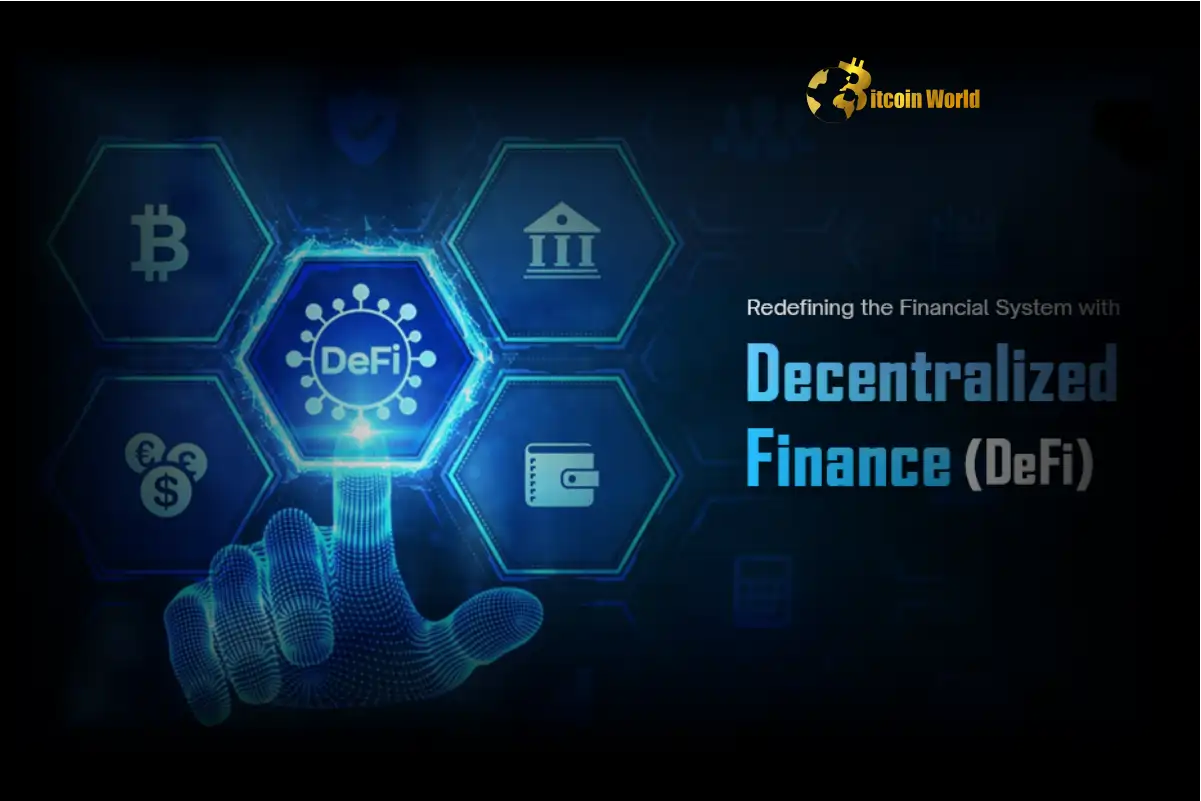BitcoinWorld

Bulgaria Euro Adoption: Monumental Economic Shift Targeted for 2026
Economic shifts on a national level often send ripples across various markets, including the dynamic world of cryptocurrencies. Understanding these macro-level changes is key to navigating the broader financial landscape. A significant development on the horizon is the planned Bulgaria euro adoption, a move that will integrate the Balkan nation more deeply into the European economic fabric.
Bulgaria has officially set its sights on joining the Eurozone, targeting January 1, 2026, as the date to replace its national currency, the Lev, with the euro. This decision marks a pivotal moment in Bulgaria’s post-communist transition and its journey towards greater European integration. While the path requires meeting specific economic criteria, the stated intention signals a clear direction for the country’s monetary future.
What Does Bulgaria Joining the Euro Mean?
The decision for Bulgaria joins euro is driven by several anticipated benefits, alongside potential challenges. For a country like Bulgaria, adopting the euro is seen as a step towards greater economic stability and prosperity. The move aims to eliminate exchange rate risk with major trading partners in the Eurozone, reduce transaction costs for businesses and individuals, and potentially attract more foreign investment due to increased confidence and market size.
However, challenges exist. Bulgaria will lose its independent monetary policy, meaning the Bulgarian National Bank will no longer be able to set interest rates or manage the exchange rate of the Lev to cushion economic shocks specific to Bulgaria. There are also concerns about potential inflationary pressures during the transition period as prices adjust. The process requires careful management to mitigate these risks.
- Benefits: Reduced transaction costs, eliminated exchange rate risk with Eurozone, increased trade and investment potential, greater price transparency, enhanced economic stability.
- Challenges: Loss of independent monetary policy, potential for inflation during transition, initial administrative and conversion costs, need for structural economic adjustments.
The Path to Eurozone Expansion: What’s Required?
Joining the Eurozone is not simply a political decision; it requires meeting strict economic and legal convergence criteria known as the Maastricht criteria. These criteria are designed to ensure that countries entering the single currency area are economically prepared and will not pose a risk to the stability of the Eurozone as a whole. Bulgaria has been working towards fulfilling these requirements for years.
The key Maastricht criteria include:
- Price Stability: A low inflation rate, not exceeding by more than 1.5 percentage points the rate of the three best performing member states.
- Sound Public Finances: A government deficit not exceeding 3% of GDP and a government debt not exceeding 60% of GDP (or declining significantly towards it).
- Exchange Rate Stability: Participation in the Exchange Rate Mechanism II (ERM II) for at least two years without severe tensions and without devaluing its central rate against the euro.
- Long-term Interest Rates: Long-term interest rates not exceeding by more than 2 percentage points the rate of the three best performing member states in terms of price stability.
- Legal Convergence: Bringing national legislation, particularly concerning the central bank, in line with EU Treaties and the Statute of the European System of Central Banks and the European Central Bank.
Bulgaria successfully entered ERM II in July 2020, a crucial step on the path to Eurozone expansion. Meeting the remaining criteria by the end of 2024 or early 2025 will be critical for hitting the 2026 target date.
How Will the Bulgarian Lev Euro Transition Work?
The practical transition from the Bulgarian Lev euro will involve several phases. Once the European Council gives the final approval based on the convergence criteria being met, the irreversible exchange rate between the Lev and the euro will be fixed. Bulgaria’s Lev has been pegged to the German Mark, and subsequently the euro, for many years under a currency board arrangement, which provides a stable foundation for this transition.
On the target adoption date, the euro will become Bulgaria’s official currency. There will typically be a dual circulation period, where both the Lev and the euro can be used for payments for a limited time (usually a few weeks). After this period, the Lev will cease to be legal tender, although it can typically be exchanged for euros at the central bank for a much longer period.
This transition requires significant logistical preparation, including converting ATMs, updating payment systems, retraining staff, and educating the public about the new currency, exchange rates, and security features of euro banknotes and coins.
Anticipating the Impact of Bulgaria Currency Change
The adoption of the euro represents a fundamental Bulgaria currency change with wide-ranging economic and social implications. For businesses, it means simpler accounting, easier cross-border transactions within the Eurozone, and potentially increased competition. For consumers, it promises greater price transparency across Eurozone countries, making it easier to compare costs, but also carries the risk of price increases as businesses round up figures.
Economically, the move is expected to boost trade and integration with the rest of the Eurozone. However, it also means Bulgaria will be subject to the monetary policy decisions of the European Central Bank, which may not always perfectly align with Bulgaria’s specific economic cycle. The success of the adoption will depend heavily on Bulgaria’s ability to maintain fiscal discipline and implement structural reforms to enhance its competitiveness and flexibility within the single currency area.
While this is primarily a macro-economic event, significant currency transitions and the resulting economic stability (or potential instability) can influence broader market sentiment. Investors, including those in the cryptocurrency space, often monitor such developments as part of assessing global economic health and potential shifts in capital flows.
Actionable Insights for the Road Ahead
For residents and businesses in Bulgaria, preparing for the transition involves understanding the fixed exchange rate, familiarizing oneself with euro denominations, and planning for the practicalities of cash conversion and bank account changes. Businesses need to update systems, contracts, and pricing.
For those observing from outside, particularly within financial markets, Bulgaria’s successful (or challenging) integration into the Eurozone offers insights into the dynamics of monetary unions and their impact on member economies. It’s a case study in convergence and the real-world effects of adopting a major global currency.
Conclusion: A New Monetary Chapter for Bulgaria
Bulgaria’s targeted Bulgaria euro adoption in 2026 marks the beginning of a new chapter for its economy. The move is a testament to its commitment to European integration and is poised to bring significant benefits in terms of trade, investment, and stability. However, it also requires navigating challenges related to inflation, policy autonomy, and the practicalities of transition. The coming years will be crucial as Bulgaria works to meet the final criteria and prepare its citizens and businesses for this historic currency change. Its success will contribute to the ongoing story of Eurozone expansion and the evolving global economic landscape.
To learn more about the latest Forex market trends, explore our article on key developments shaping currency liquidity, institutional adoption, etc.
This post Bulgaria Euro Adoption: Monumental Economic Shift Targeted for 2026 first appeared on BitcoinWorld and is written by Editorial Team





